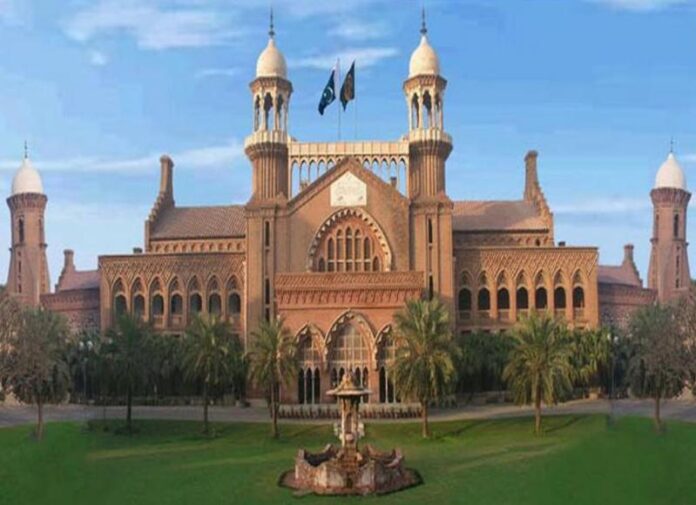In a key policy shift, the National Judicial (Policy Making) Committee (NJPMC) has decided that all constitutional petitions related to tax and financial matters shall be adjudicated by division benches of the High Courts rather than single-member benches, a move aimed at ensuring consistency and judicial rigor in complex economic cases.
The decision was made during the 53rd NJPMC meeting held on Friday at the Supreme Court under the chairmanship of Chief Justice of Pakistan Yahya Afridi. The session was attended by chief justices of all provincial High Courts and the Additional Attorney General for Pakistan, who participated on special invitation.
Reaffirming its commitment to a progressive, transparent, and citizen-focused judiciary rooted in constitutional values, the NJPMC deliberated on several key policy areas, including judicial performance, institutional independence, technological integration, and commercial dispute resolution.
One of the most pressing issues discussed was the matter of enforced disappearances. Taking serious notice of this ongoing concern, the committee unanimously resolved that the judiciary would not waver in its constitutional obligation to protect fundamental rights. A dedicated judicial committee was constituted to formulate an institutional response, with input from the Executive to be communicated through the Attorney General.
In a move to shield judicial officers from undue external pressure, the NJPMC directed all High Courts to establish formal mechanisms for reporting and redressing incidents of interference. These systems are to be implemented with strict timelines to ensure timely action and institutional integrity.
The committee also approved the formation of a “Commercial Litigation Corridor” with dedicated commercial courts and benches to expedite business-related disputes and improve the investment climate. Complementing this, a pilot “Double-Docket Court Regime” will be launched in select districts on a voluntary basis to increase judicial throughput and address case backlogs.
To address the persistent issue of delayed criminal trials, the NJPMC approved a framework for establishing Model Criminal Trial Courts. These courts will conduct time-bound proceedings to expedite pending cases using optimized judicial resources and standardised procedures.
In a landmark push for Alternative Dispute Resolution (ADR), the committee endorsed a court-annexed mediation regime as a pilot initiative. This includes the creation of district-level mediation centres, family court mediation units, and the development of standard operating procedures to operationalise ADR frameworks effectively.
Recognising the need for institutional excellence and standardisation in the lower judiciary, the NJPMC established a committee chaired by former Supreme Court Justice Rehmat Hussain Jafferi, along with the Chief Justice of the Balochistan High Court, registrars of the provincial High Courts, and the Director General of the Federal Judicial Academy. The body has been tasked with developing key performance indicators (KPIs) for judicial officers, harmonising recruitment and training practices, addressing disparities in service conditions, and proposing a roadmap for the District Judiciary Policy Forum. The committee will also explore international training and exposure opportunities for judges.
In addition, the NJPMC approved the development of a “Professional Excellence Index” to help identify legal talent for future judicial appointments. High Courts have been asked to finalise their implementation plans for the index within 30 days.
The committee also held discussions on the ethical use of generative artificial intelligence in judicial functions. The National Judicial Automation Committee (NJAC) was directed to finalise a comprehensive charter to regulate AI integration in the judiciary, balancing innovation with transparency and fairness.
Chief Justice Afridi concluded the meeting by emphasising the judiciary’s resolve to deliver timely, impartial, and citizen-oriented justice. The NJPMC’s latest decisions mark a concerted step towards modernising Pakistan’s judicial ecosystem while safeguarding constitutional rights and institutional independence.




